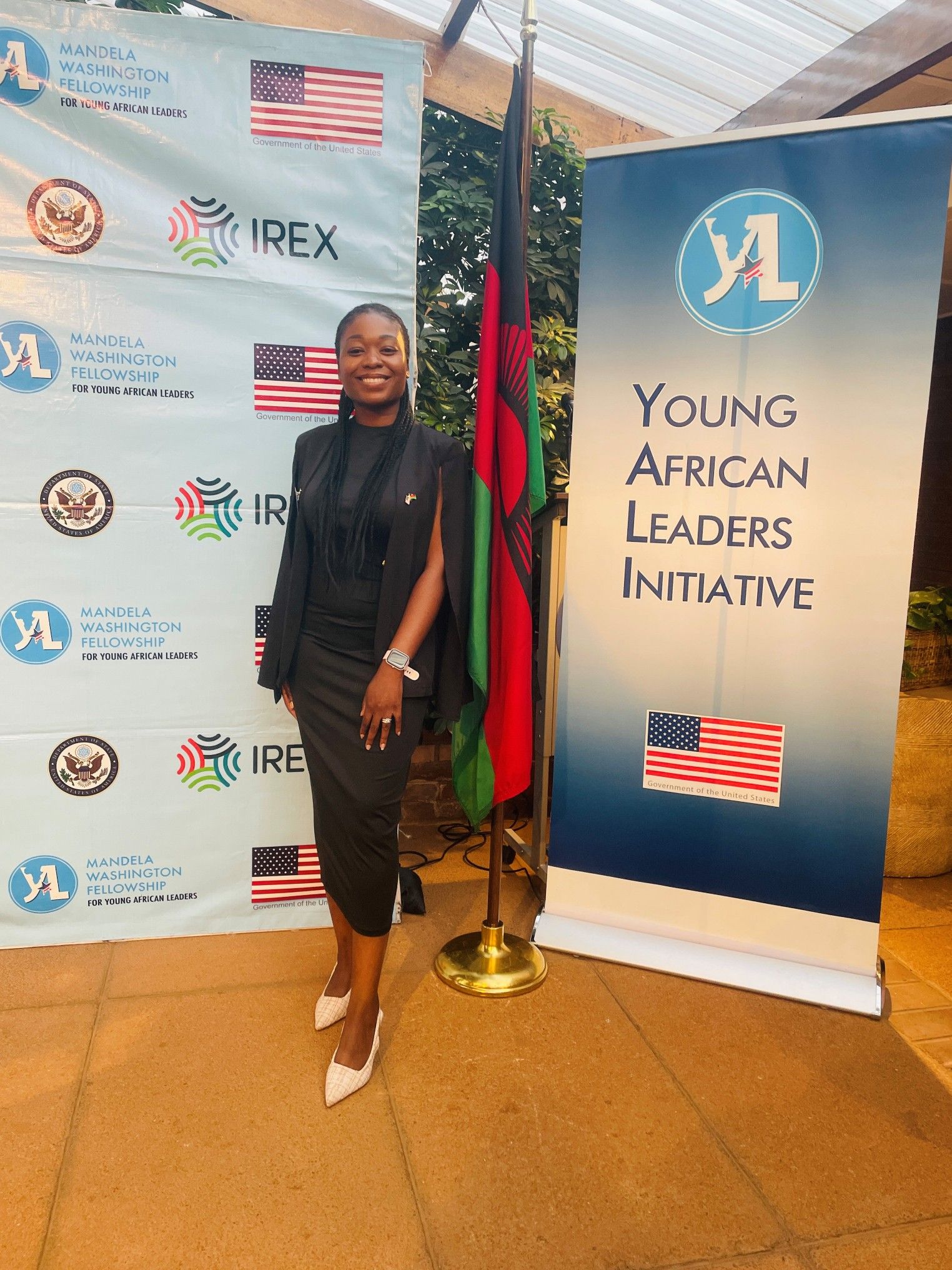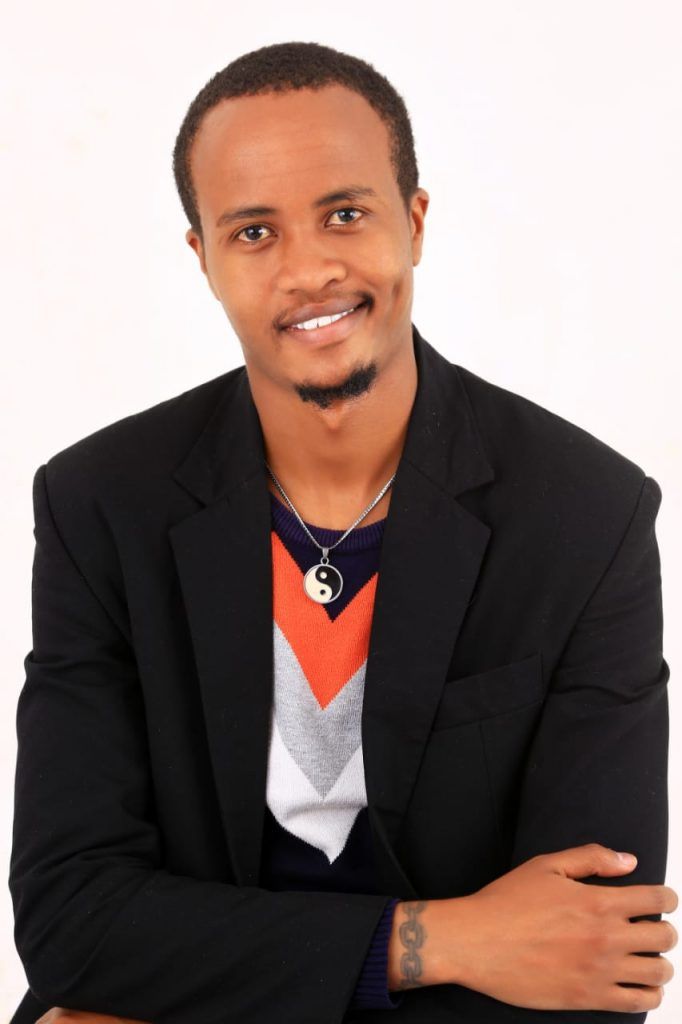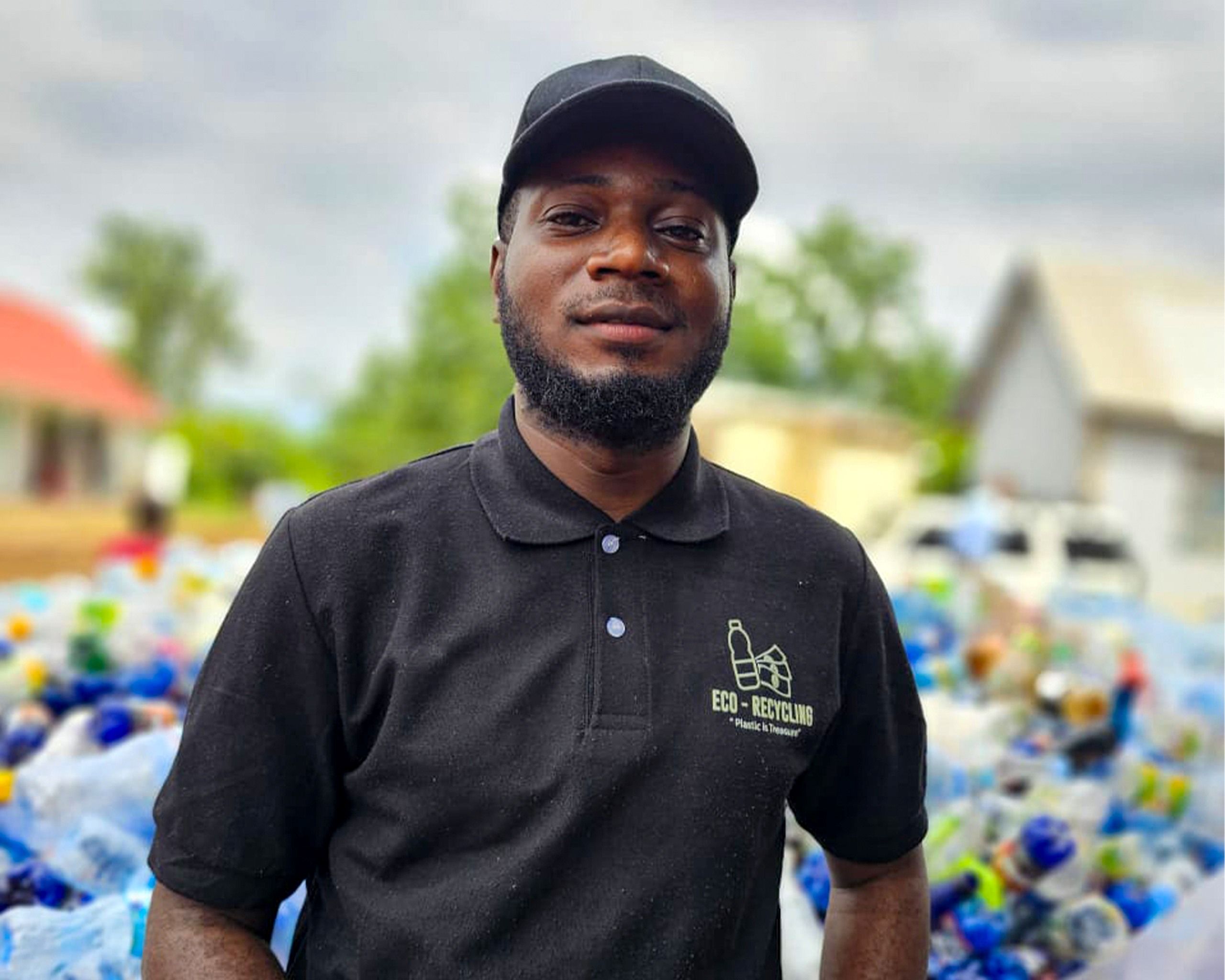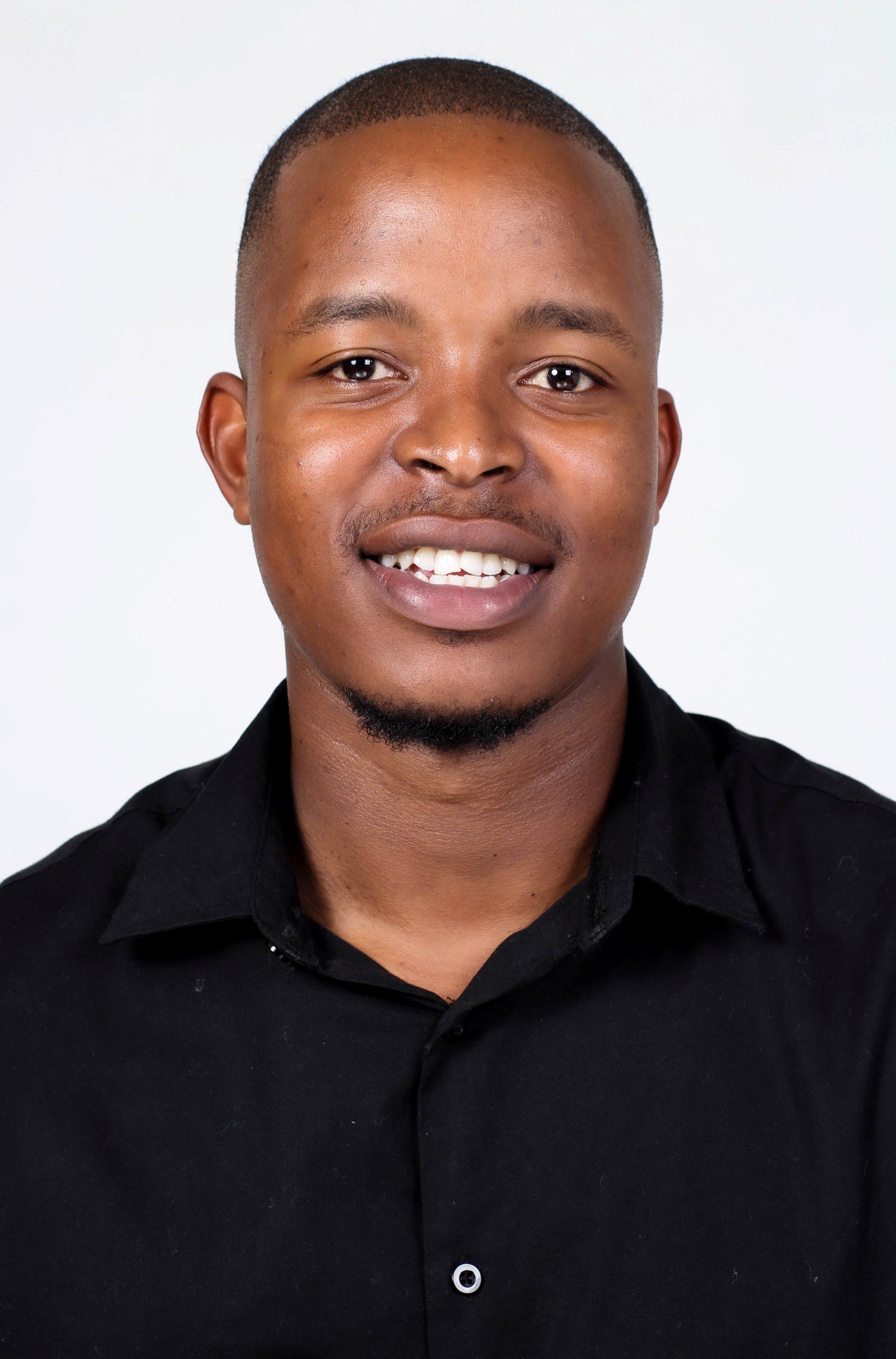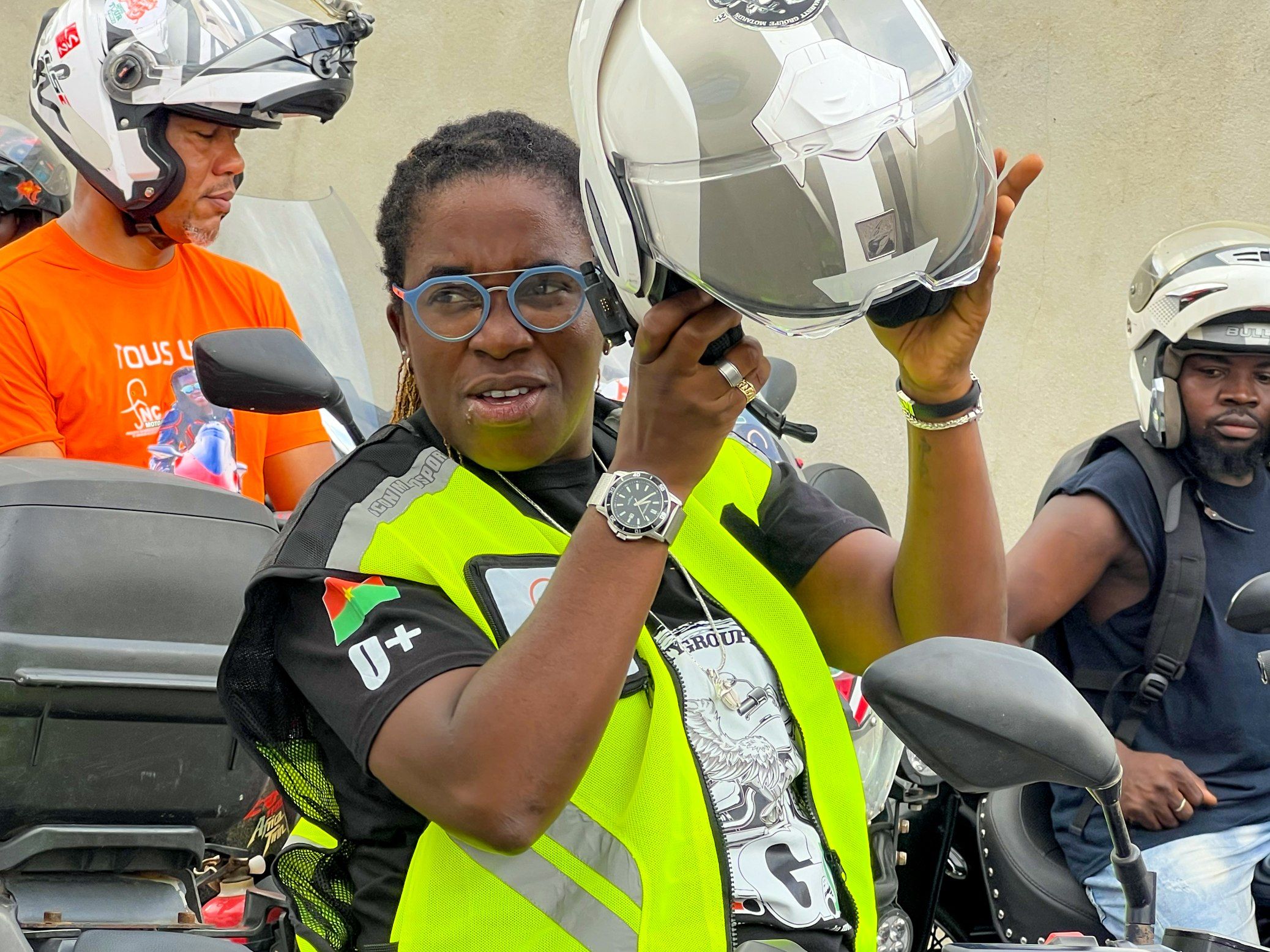It’s 2022. Dr Chimwemwe Maluwa Yairo receives unsettling news one morning. A mother has died after delivering a baby during the night. The baby is alive and healthy, but the mother, cold and unresponsive. What happened?
This was a mother hoping to come out of the theatre and raise her baby. There is a husband somewhere in the hospital, probably pacing the facility’s corridors, the idea of fatherhood warming his heart. He is eager to receive his family and welcome a new chapter. Now what?

Chimwemwe Maluwa Yairo is a medical doctor and a member of the management team at a district hospital in Machinga, Malawi.
You see, a job is what you are paid to do. And for some, that’s where the passion for their work ends. Do just enough to earn a living, and then that’s it, show up again tomorrow and iterate.
That isn’t the case for Dr Chimwemwe Yairo, though. For her, medicine is more than a job; it’s a calling. A sworn duty to humanity. The pay is just the icing on the cake, because when you become exceptional at your calling, money follows.
She desires to see her patients make a full recovery and go back to their families and lives. She leaves no room for implausible excuses when it comes to the delivery of healthcare services. She passionately defends the line of healthcare and motivates her colleagues to do the same.
So, when she receives the news of a maternal death in her hospital, her heart bleeds.
A mother endured labour pangs with the hope of soon holding her baby, but unfortunately, during a C-Section procedure, some complications arose. The mother delivered a healthy baby, but was herself left in need of critical care after the complications.
The team from the theatre left the mother in the recovery area after making a call to the postnatal ward for the nurses to come for her.
By the time the nurses arrived, there was a horrid twist to this tale. Instead of wheeling her to the postnatal ward, they wheeled her to the morgue.
As Dr Chimwemwe broods over this unfortunate incident, it troubles her. The main question on her mind becomes, was this incident avoidable? Could the life have been saved? What really happened?
***
Three years later, Dr Chimwemwe recalled and narrated the incident. Her voice came out powered by an unmistakable passion for medicine and service to humanity.
“Most of the time when such cases of deaths or poor healthcare services occur, do you know what is blamed?” Dr Chimwemwe asked me over a phone call we had in November 2025. I’d called on a Wednesday night from Nairobi, and she was receiving the call in Malawi.
“Tell me.”

“People blame a lack of resources and equipped facilities, or a lack of up-to-par education. But I ask myself, is that always the case?”
“Was that the case in your hospital when that maternal death happened? Or was there something else lurking in the shadows of these ‘excuses’ people find fit to stamp on such unfortunate occurrences?”
With this question, Dr Chimwemwe launched into an explanation. She told me about something she discovered, which charted a new path for her in search of a solution. A project concept she cooked on her brainpan, executed in her hospital, and is working to expand so that the impact spreads ripples of better healthcare throughout hospitals in Malawi, and then Africa.
***
Here’s what really happened in her hospital on that undesirable day when a newborn lost their mother, a husband his wife, and a mother her life.
The team at the theatre did not communicate with the postnatal ward team about the complications the mother had developed. They also didn’t watch over the patient until the nurses arrived.
Dr Chimwemwe understood that it wasn’t an issue of a lack of equipment or qualified personnel. No. It was an issue of low morale and a lack of proper teamwork. But why?
“Most doctors were dissatisfied with the system and how they were never involved in the decision-making process,” she explained. “This became a breeding ground for things like tardiness to work, and lower commitment to discharging duties. For example, the team at the theatre ought to have waited with the patient until the nurses arrived. They never did, however, and the excuses for such behaviours are always pegged on issues like ‘It’s lunch/supper time, and the hospital doesn’t provide our lunch, so we can’t wait’. They also ought to have communicated the complications with the postnatal team before handing over the patient.”
The circumstances surrounding this particular maternal death wouldn’t let Dr Chimwemwe rest. She believed in ensuring top-notch delivery of healthcare services, and not just on her part; no, she demanded it from her team as well. Anything standing in the way of this mission was an enemy that needed to be dealt with, for good.

***
The way forward? Dr Chimwemwe conceived an idea to equip her medical team with teamwork skills, entailing communication and a boost of morale, motivation and commitment.
“The maternal death case wasn’t an isolated case. Such cases happen a lot in hospitals, costing or nearly costing lives. I am a solutions-oriented person, and so I came up with a teambuilding program for my hospital. The goal, to build a resilient team, boost teamwork, inclusivity and communication, therefore improving healthcare services and patient management,” Dr Chimwemwe told me.
“How does the program work?” I wanted to know.
“When I started the initiative in 2023, it was mostly once-a-year teambuilding games and activities, and a fostering of healthy communication across different medical teams. But after the Mandela Washington Fellowship, which gave my idea a structure, I now have a bigger dream of creating a proper package for building teams in government hospitals, beyond my hospital.”
“A proper package?” I mirrored for more information.
“Yes. A course in hospitals for medical staff, running concurrently with duties. One that incorporates staff, boosts morale and equips them for better patient management. We must always work as a team, giving a hundred per cent. Should things fail while we’re giving our all, then that’s a different case.”
The Mandela Washington Fellowship for Young African Leaders is a program run by the US Department of State. Though currently put on pause, it has run since 2014, identifying—on merit—young African leaders with a track record and leadership potential, and bringing them for a six-week training across universities in different states. Chimwemwe Yairo applied for this prestigious program in 2024 and was accepted for the 2025 cohort. She was placed in the public management track at Texas Tech University in Lubbock, Texas, where she worked on her medical staff teambuilding project under the tutelage of the university.
***
Dr Chimwemwe’s trip from Malawi to the US for the Mandela Washington Fellowship wasn’t an ordinary one. She had connecting flights from Malawi to Frankfurt, then Denver, and finally Lubbock, Texas.

It was during her flight from Frankfurt to Denver that a medical emergency occurred mid-air.
An elderly woman wheezed for air for a while and then stopped breathing. She fell limp in her seat.
Other passengers noticed it and immediately notified the flight attendants.
“Attention please,” the frantic voice of a flight attendant came through the passenger address system.
“We have a medical emergency. Do we have any medical practitioners on board? If you are one, please identify yourself. We need your help. A passenger…”
This announcement jarred Dr Chimwemwe, who is ever on duty and ready to help humanity. She unbuckled her belt and rose from her seat.
“Apart from me, other medical practitioners came forward. There was a paediatrician and a heart specialist—we are all doctors. Everyone’s expertise came in handy; we all played a role as a team. Mine was to take charge of how we positioned the passenger,” Dr Chimwemwe told me.
The doctors performed CPR on the passenger to resuscitate her.
A CPR on the aisle, everyone on the plane holding their breath. One compression after another, a silent hope for a pulse. The alternative outcome was dreadful.
Heads emerged from seats, passengers peering at the aisle. Silence turned into murmurs, everyone hoping for some good news. The plane kept its course, tearing through the skies. Inside, doctors worked fast to prevent a spirit from taking flight, for good.
Dr Chimwemwe and her team took a deep sigh of relief when they got a pulse. Finally.
The patient stabilised, and a life was saved mid-air, averting an emergency landing. A medical team would be dispatched to wait in Denver, so the lady would receive further medical attention as soon as the plane touched down.
***
Dr Chimwemwe’s infinite game is to roll out the teamwork training package in her hospital and then examine outcomes through satisfaction and exit surveys. Armed with the data from assessing impact, her team will work on a case study and hand it over to the Quality of Care Directorate at the Malawian Ministry of Health. The ministry has the mandate to disseminate the information to other government hospitals and help them adopt Dr Chimwemwe’s training package.
***
“If I can stop one heart from breaking,
I shall not live in vain;
If I can ease one life the aching,
Or cool one pain,
Or help one fainting robin
Unto his nest again,
I shall not live in vain.”
~If I Can Stop One Heart From Breaking, by Emily Dickinson.
***
Dr Chimwemwe Maluwa Yairo is currently practising as a resident doctor specialising in Ophthalmology at Lion’s Eye Sight Hospital, under Queen Elizabeth Hospital in Blantyre, Malawi.
You can connect with her via LinkedIn.
***
This story is part of a series Lesalon Kasaine is writing, of the stories of select 2025 Mandela Washington Fellows. Read more about the Mandela Washington Fellowship for Young African Leaders, a program run by the US Department of State. Lesalon was himself an MWF 2025 Fellow.

